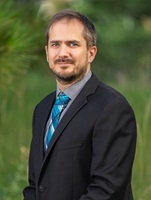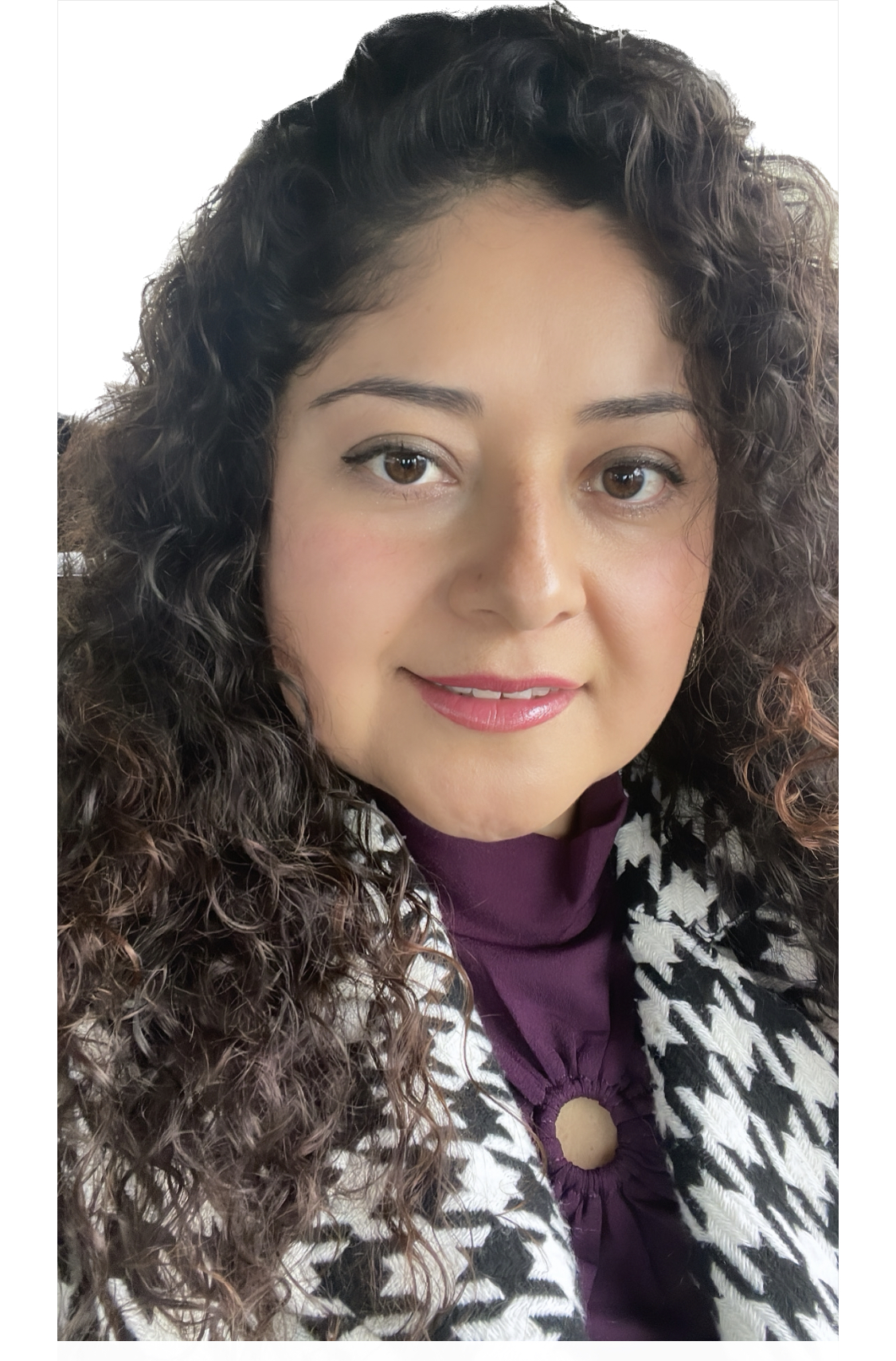ABOUT

Benjamin Bitler, PhD
Associate Professor and Chair of the Graduate Advisory Committee
The Cancer Biology Training Program at the University of Colorado Anschutz Medical Campus is an interdepartmental program leading to the PhD in Cancer Biology. We are located on the Anschutz Medical Campus in Aurora, Colorado, just east of Denver and in the heart of the beautiful Rocky Mountain region.
The Cancer Biology Program combines training in the basic biomedical sciences with opportunities to apply clinical and translational research to studies on human cancer.
Our highly accomplished training faculty includes over 50 basic and clinical scientists from 13 departments and divisions. Our curriculum is rigorous, yet flexible, and provides opportunities for advanced study in cellular and molecular oncology, as well as the translational medical sciences.
Our research community includes a NIH/NCI designated Comprehensive Cancer Center, which brings together scientists with diverse research approaches to focus on the problem of cancer. The training program in cancer biology is supported by a NIH/NCI T32 training grant that provides funding for pre and post-doctoral trainees.
Goals of the Program
The Cancer Biology Graduate Program provides interdisciplinary training at the cutting edge of cancer research so as to best prepare our students to compete in a biomedical research environment increasingly focused on translational applications of basic research. While the primary focus of the Cancer Biology Graduate Program is basic science and translational research, students will also be exposed to many aspects of clinical science as they relate to the study of cancer, including cancer therapeutics, epidemiology, and prevention. After the initial period of coursework, students choose their specialty fields from a diverse list of mentors and topics. The Program draws on faculty from many different departments within the medical campus and offers a wide range of research opportunities.
Program and Student Learning Outcomes:
The PhD program in Cancer Biology trains graduate students to become proficient and successful investigators who are able to:
- Demonstrate a basic knowledge of central concepts in the biomedical sciences.
- Understand the current concepts in Cancer Biology.
- Read and critically evaluate the scientific literature.
- Formulate hypotheses based on current concepts in the field and design, conduct, and interpret their own research projects.
- Orally communicate ideas and research results effectively.
- Effectively communicate ideas and research results in written form.
- Integrate and apply the communication and research skills through oral presentations at scientific seminars, conferences, and other venues, submission of competitive applications for research funding, authorship of abstracts, peer-reviewed publications, and a thesis dissertation.
Student Support
Students accepted in the PhD program are provided full tuition, health and dental insurance, and a stipend of $41,910 per year for living expenses. Continued support is contingent upon satisfactory academic and research performance by the student. When a student enters a thesis lab, the thesis mentor assumes complete responsibility for the student’s stipend, benefits, tuition, fees, and associated research costs.
Program Curriculum
Training Goals
Training in the Cancer Biology PhD Program is based on six comprehensive training fundamentals that strive to integrate knowledge bases with interrelated skills.
Laboratory based training
Through conduct of laboratory-based research trainees utilize their didactic knowledge base; learn experimental design and hypothesis testing, implementation and problem solving, data interpretation and hypothesis revision, and oral and written communication skills.
Didactic knowledge base
Our coursework provides students with a firm foundation in cancer biology and innovative technologies to enable them to conduct the most relevant and cutting edge research.
Hypothesis driven research
Our training includes a strong emphasis on skill development for hypothesis generation and testing. These skills are emphasized in course work, journal clubs, written and oral communication, clinical exposure and laboratory research.
Clinical relevance
We believe that understanding the patient experience and the clinical relevance of their laboratory research will help students to better focus their research plan and develop more nuanced hypotheses. Many clinical related opportunities are available including clinic shadowing and special topics courses that include options to learn about clinical trial design, drug resistance, drug targeting of cancer subtypes, etc.
Communication skills
Research advances are only achieved if scientific discovery is effectively communicated to the rest of the scientific community and the public. Written and oral presentation skills are developed by presentations in seminars and journal clubs, written research proposals and fellowship applications.
Career and professional development
Opportunities for professional development are available throughout a student’s matriculation. These include strengths and goals evaluation, mentoring by the primary mentor and research advisory committee, exposure to various scientific career paths, and professional networking at scientific meetings.
Program Structure and Milestones
Years 1 and 2
Students take Graduate School and Cancer Biology Program specific courses and do three laboratory rotations. At the completion of the first year students take a preliminary exam and begin their thesis research. The preliminary exam has both a written and oral component and is meant to access critical thinking skills and understanding of key concepts in Cancer Biology.
Graduate School required courses
Foundations of Biomedical Sciences is a 10-credit intensive core course required of all PhD trainees and is taken the first semester of graduate school. Trainees also complete a 1-credit course on the Ethical Conduct of Research.
Cancer Biology required courses
Students begin Cancer Biology specific courses in the spring of year 1. All coursework is typically completed in the first two years.
- CANB 7600 Cancer Biology: This 4-credit course focuses on molecular mechanisms that underlie cancer initiation and pathogenesis. This course is coupled with CANB 7690 - Grant Writing in Cancer Biology where students work to develop a fellowship grant in the NIH Style.
- CANB 7610/7611 Pathobiology of Cancer: This 2-credit “hands-on” course is designed to familiarize students with cancer in different organ systems, tumor nomenclature, and micro and gross tumor pathology.
- CANB 7613 Cancer Biology Journal Club: Students register for Journal Club (1-credit) for 6 semesters, but are encouraged to participate during their entire graduate studies.
- CANB 7690 Grant Writing in Cancer Biology: This 1-credit course includes writing an NIH style fellowship grant proposal, and focuses on grantsmanship, persuasive writing and the peer review system. This course is coupled with CANB 7600.
- Electives: Students choose a minimum of one 3-credit elective from a selection of course offerings; popular courses include Receptors and Cell Signaling, Immunology, Tissue Biology and Disease, Histophysiology and Practical Bioinformatics. In addition, 1-credit Special Topics courses are also offered in the spring and focus on cutting–edge technologies and rapidly evolving areas of interest in cancer biology.
Year 3
In the fall of their third year students take their Comprehensive exam which consists of a written document in the format of an NIH application and an oral exam. Questions in the oral exam are meant to probe depth of knowledge and critical thinking. Successful completion of the written and oral exam results in admission to candidacy.
Years 4-5
Students continue their thesis research, have committee meetings every 6 months, prepare manuscripts, and write and defend their thesis. Average time to graduation is 5.4 years. The program requires one first author publication for graduation, however students typically have 2 or more publications.
Student Outcomes and Demographics

Enrollment data for the Cancer PhD program from 2016-2023 (left) and student demographics for all terms (right).


